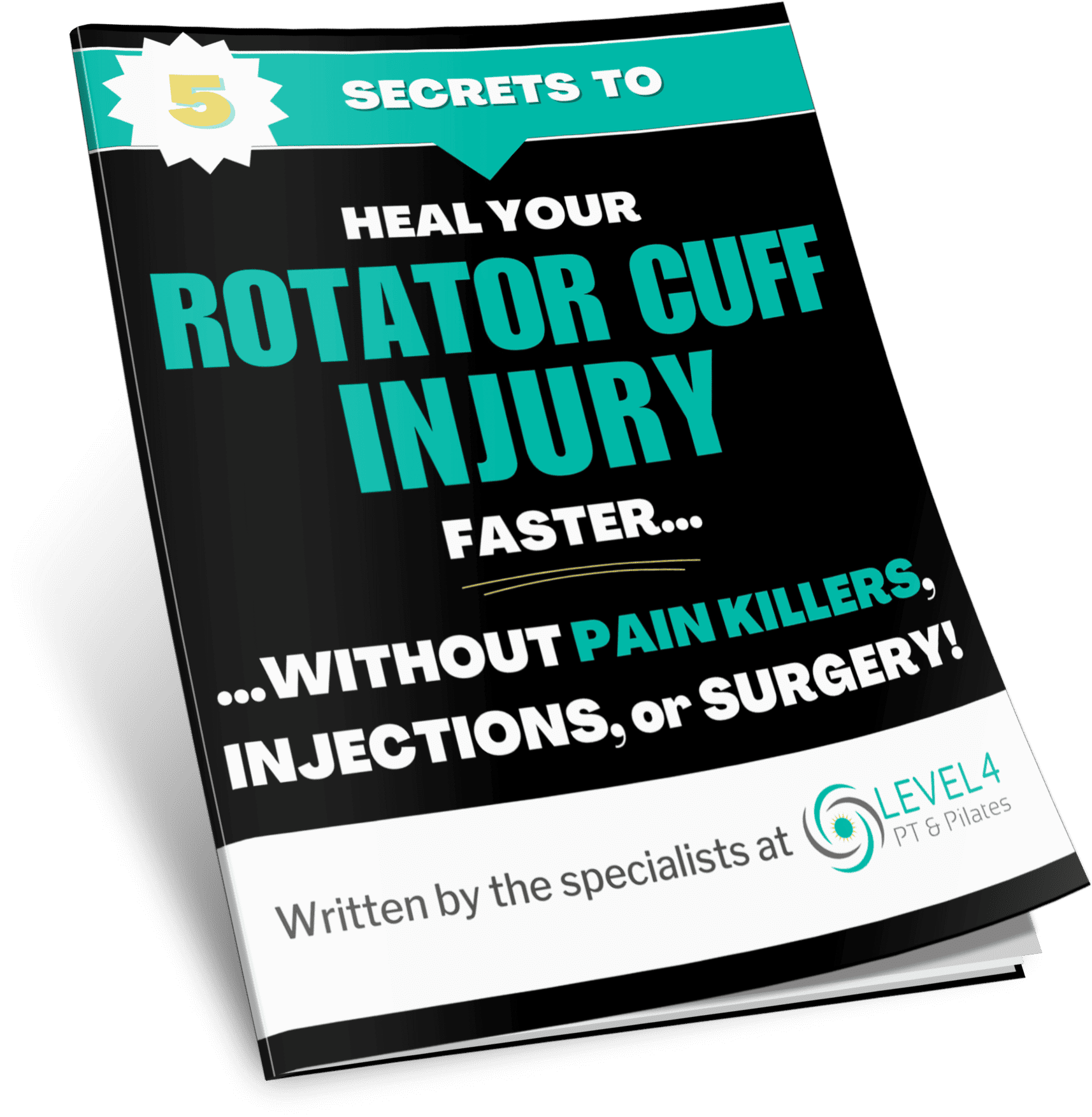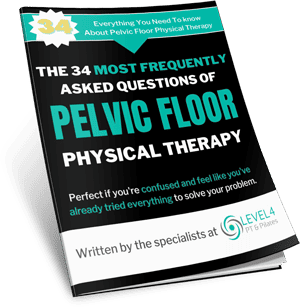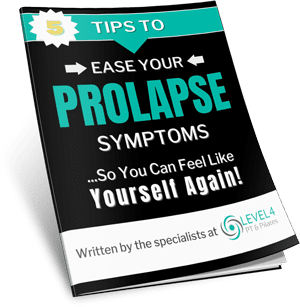Are you currently struggling with pelvic organ prolapse? In this blog, we will discuss 5 Tips To Help Alleviate Pelvic Organ Prolapse.
Pelvic organ prolapse (POP) is a condition in which one or more of the organs in the pelvic area—including the uterus, vaginal walls, and rectum—are displaced from their normal positions. This occurs when the tissues and muscles that normally support these organs become weakened or stretched. The most common causes of POP are childbirth trauma, aging-related muscle weakness, smoking, obesity, chronic coughing, and heavy lifting.
Symptoms of POP may include pelvic pressure; feelings of fullness; pain during intercourse; discomfort while sitting for long periods; incontinence; a bulge protruding from the vagina and/or back passage; difficulty having bowel movements; recurrent urinary tract infections or irritation around your urethra; and pain in your lower back, abdomen or groin.
Treatment for POP depends on the severity of the prolapse and the symptoms experienced by the individual. Options may include Kegel exercises to improve muscle tone in the pelvic floor muscles, lifestyle changes (such as quitting smoking and avoiding heavy lifting), medications such as hormone replacement therapy, surgery, or pessaries to support internal organs. It is important to discuss treatment options with a healthcare provider to determine what is most appropriate for an individual case. With proper management and treatment, POP can be effectively managed.
5 Tips To Help Alleviate Pelvic Organ Prolapse
1. Pelvic floor exercises: Doing pelvic floor exercises regularly can help to strengthen the muscles that support the pelvic organs, helping to reduce the symptoms of prolapse. These exercises involve contracting and releasing specific muscle groups in the pelvis and lower abdomen, with emphasis on breathing properly during each exercise.
2. Maintaining a healthy weight: Excess weight places additional strain on the abdominal wall and pelvic organs, increasing your risk for prolapse. Eating a healthy diet and engaging in regular physical activity can help you maintain a healthy weight and reduce your risk for developing prolapse.
3. Avoiding constipation: Constipation is a common contributor to pelvic organ prolapse as straining during bowel movements puts additional strain on the abdomen and pelvic organs. Eating a fiber-rich diet, drinking plenty of fluids, and engaging in regular physical activity can help to alleviate constipation and reduce your risk for prolapse.
4. Avoiding heavy lifting: Lifting heavy objects places strain on the abdominal wall and pelvic organs, increasing your risk for developing prolapse. Relying on good posture when lifting or carrying items is important as it reduces the amount of strain placed on your abdomen and pelvis.
5. Pelvic floor physical therapy: If you have been diagnosed with prolapse, seeing a pelvic floor physical therapist who specializes in treating patients with pelvic organ prolapse can be very beneficial. Physical therapists are trained in specific exercises that can help to strengthen the muscles of the pelvis, as well as teach proper posture and body mechanics to help reduce strain on the abdomen and pelvic organs. With an individualized treatment plan tailored to your specific needs, you can reduce your symptoms and improve your quality of life.
How Can We Help With Pelvic Organ Prolapse (POP)?
As physical therapists and pelvic floor experts, we are specially trained to identify and assess conditions that affect the pelvic floor, such as pelvic organ prolapse. We can provide a comprehensive evaluation of your condition, including a detailed history taking, assessment of alignment and movement patterns, strength testing, an internal examination (if indicated) and appropriate imaging modalities.
Once we have identified the specific contributing factors associated with your pelvic organ prolapse, a tailored treatment plan will be developed. This may include hands-on techniques such as mobilization/manipulation to improve joint mobility; soft tissue massage to reduce tension in overactive muscles; stretching and strengthening exercises to correct imbalances; education on lifestyle modifications or postural awareness where needed; and advice on suitable aids and equipment that can help you manage your condition.
We understand that a diagnosis of pelvic organ prolapse can be distressing, but our team of compassionate physical therapists and pelvic floor experts are here to provide supportive care throughout your journey. We can help you regain control over your health and quality of life so that you can live more comfortably with this condition.
Want To Know How Can Help You At LEVEL4?
At LEVEL4, we understand the frustration that comes with pelvic organ prolapse. Many of our clients struggle with prolapse and issues with the pelvic floor, and we have gotten proven results in helping people with their symptoms in regard to prolapse.
Right now you can schedule a Non-surgical Prolapse Consult with us at LEVEL4 PT& Pilates to see if we are right for you and to help in getting the conversation started about the best ways to treat the issue.
You can also feel free to give us a call at 760-503-4440 (We still like to talk on the phone!)
If you have not yet visited LEVEL4 and still have concerns about the symptoms you are experiencing, you can head over to our site to read more about the issue, and if it continues to be a problem, you can contact us or visit us at LEVEL4 PT & Pilates.
Also, download our free guide, “5 Tips To Ease Your Prolapse Symptoms… So You Can Feel Like Yourself Again!” to get more info on prolapse.
You can schedule a no-obligation (and free!) phone consult or visit us at our Encinitas clinic as part of your Non-surgical Prolapse Consult. Or just give us a call at 760-503-4440.
Until next time,
Dr. Dawn Andalon
Other Free Resources from LEVEL4 PT & Pilates…
Read Our Blog – Why Physical Therapy Can Help With Bladder Leakage
Read Our Blog – 5 Tips If You Are Struggling With Incontinence
Follow Us On Social Media – Facebook, Instagram, and YouTube
- The Link Between Menopause and Back Pain - May 21, 2024
- 3 Proven Ways You Can Relieve Sciatic Pain While Sleeping - September 14, 2023
- Menopause and the Impact It Can Have On Your Weight - August 4, 2023


















